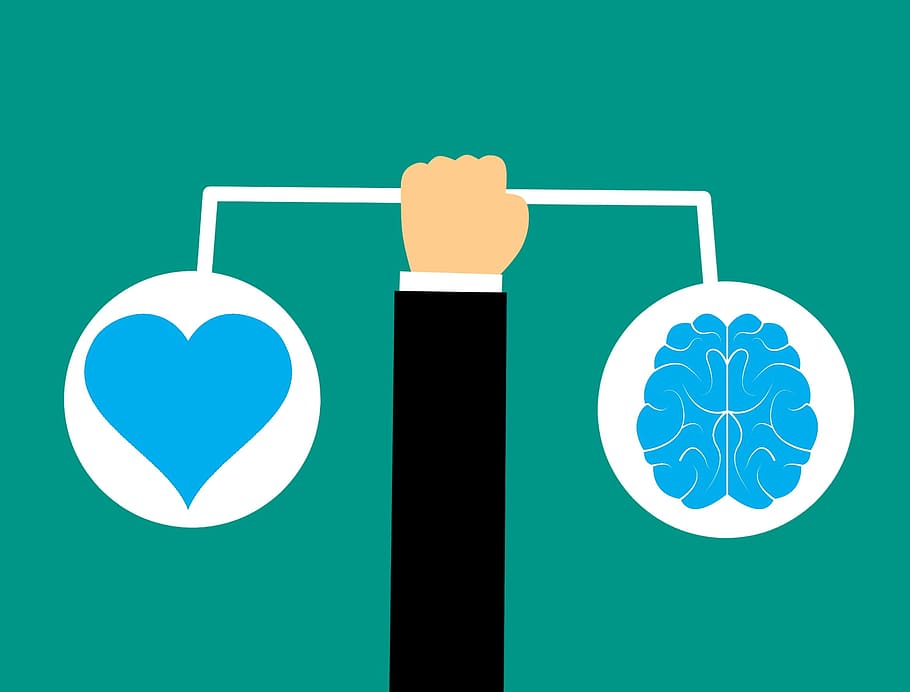
FAQ About Basics of Emotional Intelligence
What role does self-awareness play in emotional intelligence?
Self-awareness plays a central role in emotional intelligence (EI). It is the foundation upon which other components of EI are built.
Self-awareness involves the ability to recognize and identify one's own emotions accurately. It allows individuals to be in tune with their emotional states, understand what they are feeling, and differentiate between various emotions such as joy, sadness, anger, or fear. This recognition of emotions is crucial for effectively managing and expressing them.
Self-awareness contributes to empathy, which is the ability to understand and share the emotions of others. By being aware of their own emotional experiences, individuals can better relate to and understand the emotions of others. Self-awareness provides a foundation for empathy, enabling individuals to connect with others on an emotional level and demonstrate understanding and support.
In summary, self-awareness is a fundamental aspect of emotional intelligence. It involves recognizing and understanding one's own emotions, identifying triggers and patterns, engaging in self-reflection, regulating emotions, expressing emotions authentically, evaluating oneself objectively, and fostering empathy. Developing self-awareness lays the groundwork for enhancing overall emotional intelligence and supports healthy emotional functioning and interpersonal relationships.
